People may ask you if your baby has “dropped” yet, or your provider may say that baby has dropped — what does that mean? We obviously don’t want to go around dropping babies so is it a good thing or a bad thing?
Before we get into baby “dropping” isn’t the same as actually dropping a baby. It’s just about baby moving deeper into your pelvis. No dropping babies around here!
And, if your baby is is “dropping” — now is the time to really start thinking about what you want for your birth. In case you’re clueless — grab my printable and helper here:
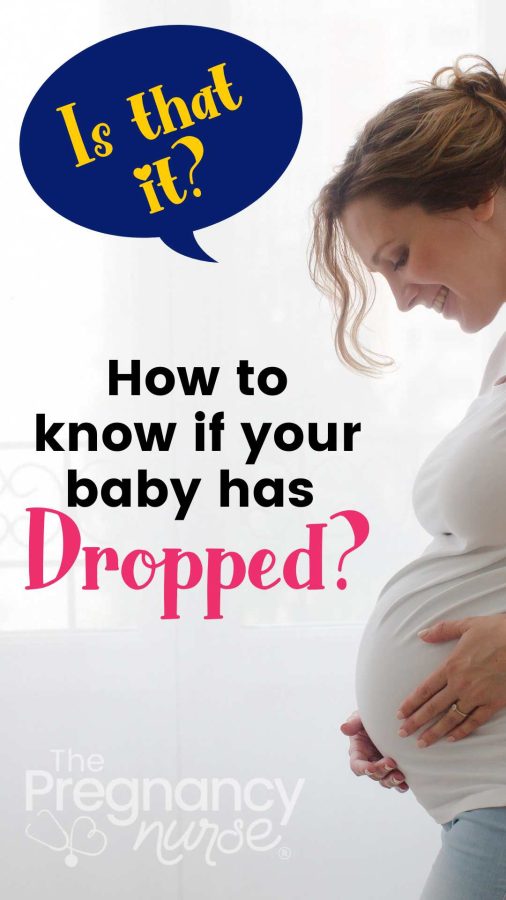
Symptoms of Baby Dropping:
The three things people feel most often when baby “drops”:
- Able to breathe easier, as baby is out of their lung space
- Pressure on their bladder, needing to pee more often
- Pressure in their pelvis making walking (and life) difficult
Is 35 Weeks Too Early for Baby to Drop?
Baby “dropping” isn’t something that we “check” for before delivery. It is mostly reported by patients (and sometimes you can tell if someone is carrying “high” or “low”. Just because baby has “dropped” (or lowered in your pelvis) doesn’t mean that labor is near. Symptoms like this are always good to talk with your provider about, but what they mean can vary case by case.
You may notice baby drops earlier in a subsequent pregnancy than your first pregnancy as baby already has a path down there.
As providers we measure something called baby’s “station” — which is how high or low they are in your pelvis (in comparison to your sit bones).
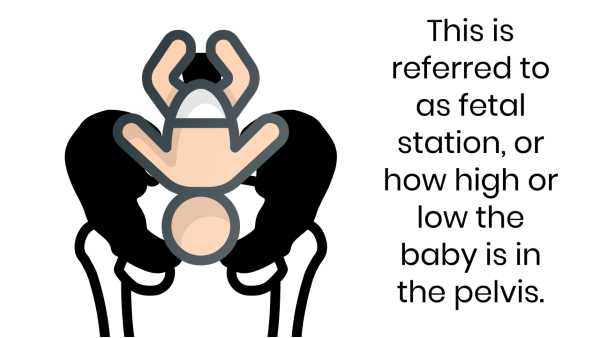
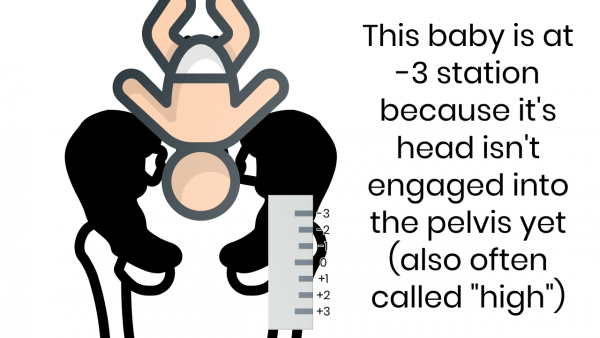
Here’s a few more posts on what they can find out from vaginal exams:
- How To Dilate Faster
- What Cervix Dilation Should You Be At 36 Weeks Of Pregnancy?
- 3 Ways To Get Baby To Flip Head Down
- What Does the -2 Mean When They Do a Cervical Check?
What does ‘lightening’ or ‘baby dropping’ mean?
This whole conversation is somewhat of an “old wive’s tale” in that one minute baby is high and then, BOOM baby drops into your pelvis and “baby has dropped”.
Most often baby engaging into your pelvis (that’s probably what people mean when they say “dropping”) happens over time, not all at once. BUT a lot of pregnant people do report suddenly feeling like they can breathe, or that they have to pee more. And that can be a symptom of baby’s movement into the pelvis.
Yes, baby may drop all at once, but most often it happens over time.
Now, the term “lightening” is more confusing to me. It’s not something I’ve used or talked about as a nurse much. That being said I do talk a LOT about lightening crotch here on The Pregnancy Nurse®, and there could be a “zap” feeling in your crotch when baby lowers in.
And you may tend to feel that pain between your legs more often once baby engages in your pelvis as the bones are shifting.
Btw, If you’re feeling like you could use a little more education on this whole pregnancy, birth, raising a baby thing — I recommend this.
Ok, onto something you might also be experiencing:
I have to pee a lot, is it just baby dropping?
Gosh, that’s a confusing one during pregnancy. So, having to pee frequently isn’t unusual during pregnancy but if you have other symptoms (or are just concerned) like:
- Blood in your urine
- Difficulty peeing
- Feel like you have to pee so bad, but then only a little comes out
- Burning when you pee
- Pain around your urethral opening (where the pee comes out)
You should talk with your provider. If you have any concerns about your bladder talk with them. They can easily do a test to see if you might have a UTI (or bladder infection) in the office.
Those aren’t unusual during pregnancy, and we’d want to treat it as it can put you into preterm labor and also be super annoying and painful.
Want to know more about those other aches and pains — check out these posts:
- 5 Fixes for Groin Pain During Pregnancy
- To the Mom Who Thinks She’ll Go Early.
- What Does Round Ligament Pain Feel Like
- Sleeping During Pregnancy: Tips by Trimester
- What to do if You’re Miserable At the End of Your Pregnancy
Does baby always drop before you go into labor?
Nope.
Personally, I carry my babies VERY HIGH until right before I have them. I have no idea why, but I can’t breathe at all until those last few minutes before they leave my body.
Some people carry babies low through much of their pregnancy and may never feel that “dropping” feeling either.
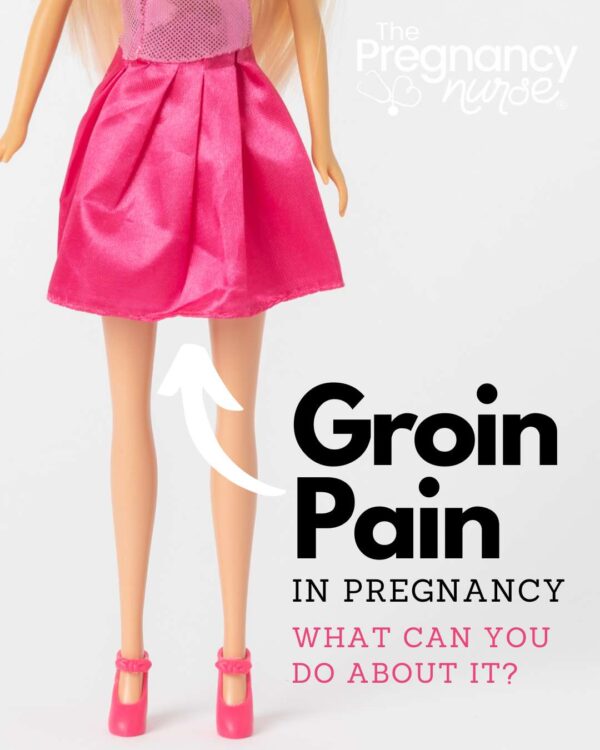
What does lightening feel like?
Some may feel an intense pressure in their pelvis that has suddenly come on.
Your bladder may feel extra pressure from all of it and need you to pee more frequently (yay, right)
You may be able to take a deep breath and notice you have more room to breathe (less pressure on your lungs and diaphragm, more pressure on your bladder).
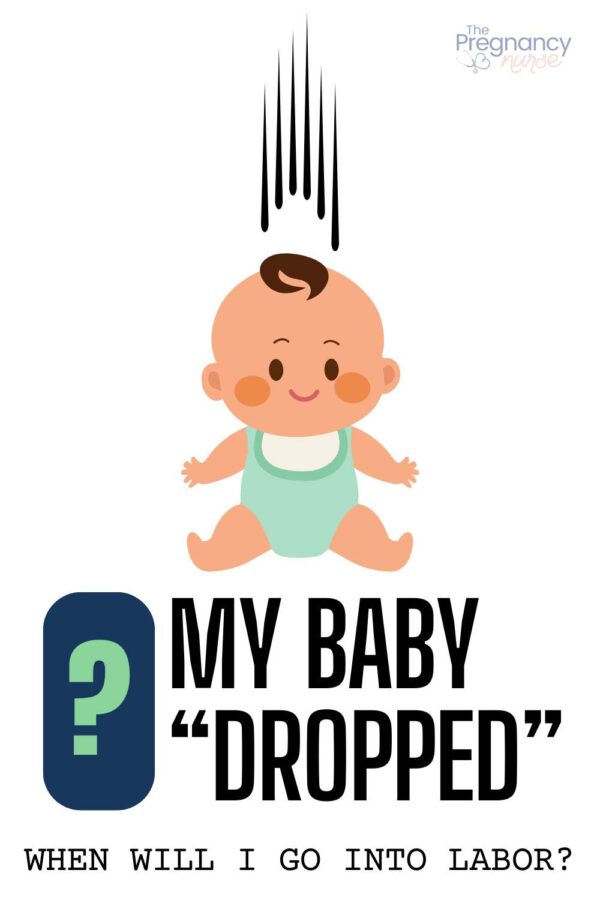
How long after my baby drops does labor start?
This varies person to person and baby dropping isn’t particularly a sign of labor itself, but it does show that labor is coming soon. Sort of like losing your mucus plug. It isn’t a sign that labor begins.
There are no peer-reviewed studies on baby “dropping” and when labor will begin.
BTW is you’re close to the end of your pregnancy, make sure you’re getting ready for labor by both taking a prenatal class, and packing your hospital bag:
How will I know if my baby’s head is engaged?
Most often it is shown by your doctor or midwife doing Leopold’s maneuvers at a check up (where they feel baby’s positioning in your abdomen), or them checking your cervix (a pelvic exam) to see where baby’s head is positioned in your pelvis.
You can also tell from the symptoms I’ve talked about above, but to know if the head is really engaged an experienced provider is your best bet.
What symptoms should I not ignore at 35 weeks pregnant?
At 35 weeks pregnant, there are certain symptoms that should not be ignored as they could indicate a serious problem. We hope that you are not going into labor yet (although I don’t think they would try to stop labor) — so be sure to keep an eye out for these signs:
- vaginal bleeding
- severe abdominal pain
- headaches
- blurred vision
- swelling in the face or other body parts (especially if it comes on suddenly)
- reduced fetal movement (Be SURE to do your kick counts throughout your third trimester)
- contractions that are regular and painful.
**There may be MORE signs that are based on your unique needs and circumstances, so be sure to keep in the loop with your provider too!
It is important to seek medical attention if any of these symptoms occur, as they could indicate conditions such as preeclampsia, placental abruption, or preterm labor. Additionally, if the mother-to-be experiences symptoms such as fever, cough, or shortness of breath, it is important to consult a healthcare provider as they could also be signs of potentially serious conditions such as a respiratory infection.
It’s also important to know which deserve just a call to your provider and which should send you straight into labor and delivery — so ask your provider what signs you need to watch for (and what to do). We go over the most common ones in Lesson 2 in here.
Prenatal Care at 35 Weeks
Regular prenatal care appointments can help ensure that potential problems are identified and addressed early on. It is always better to err on the side of caution and seek medical attention if any symptoms are concerning or unusual.
Check out my 35 week checklist.
It can seem really simple that the things they do at prenatal check-ups and doing kick counts can make a difference in you and your baby’s health, but they really can. Simple things like those, and taking a prenatal class really can make a difference.
Do you feel like you’re just too late for a birth class? The good news is that you are NOT– The Online Prenatal Class for Couples was created to get you prepared FAST (even if you don’t feel like you have much time)!
Don’t miss my super helpful post all about the signs of labor. Great info for pregnancy!


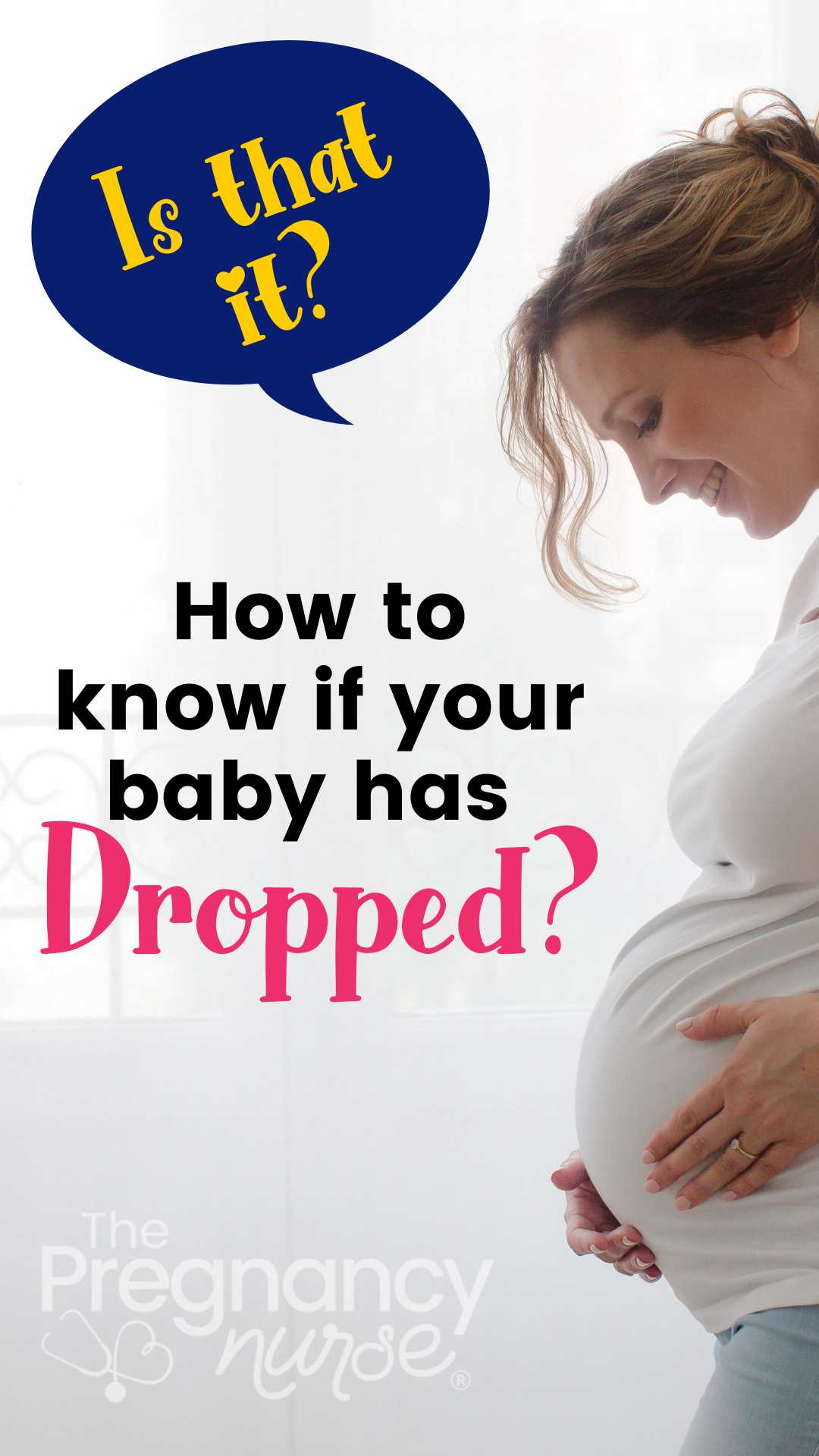

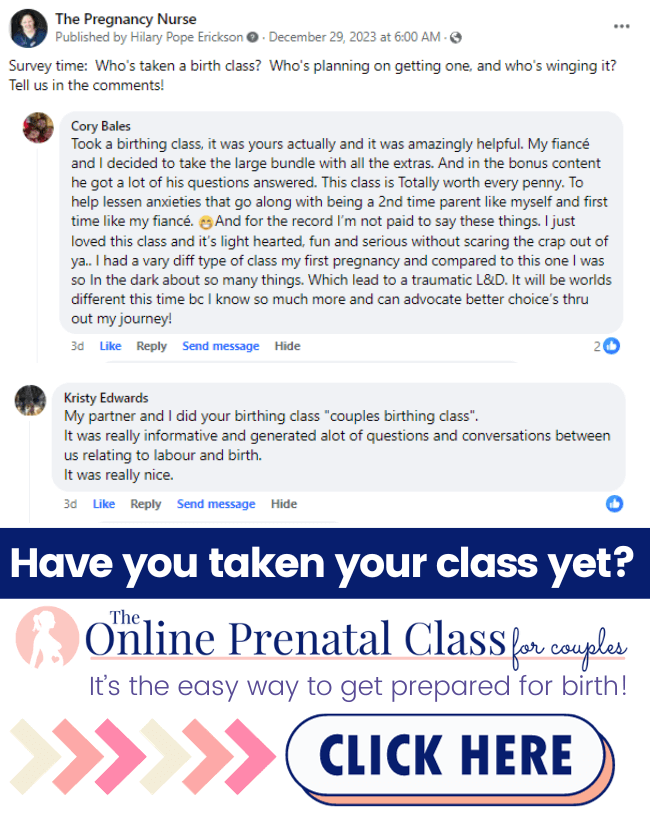

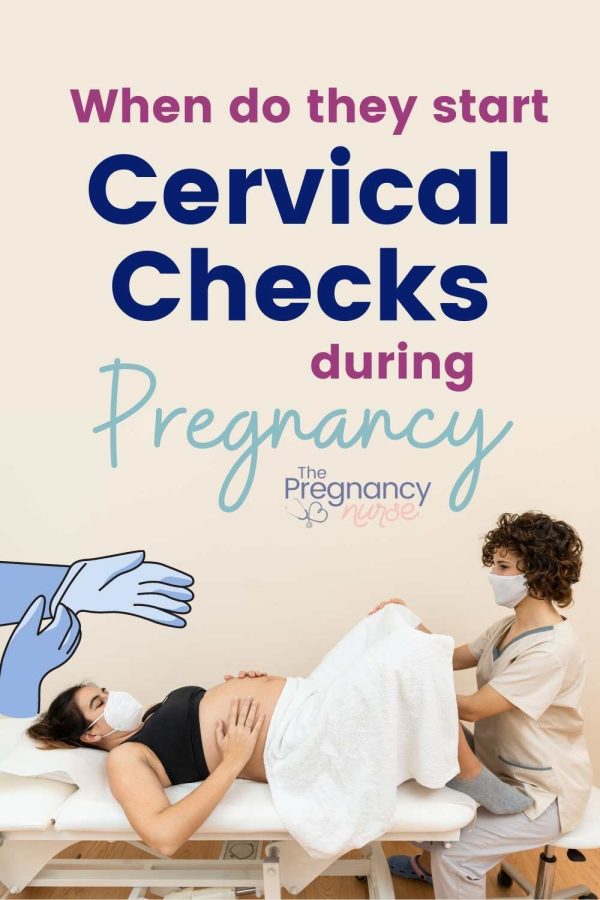
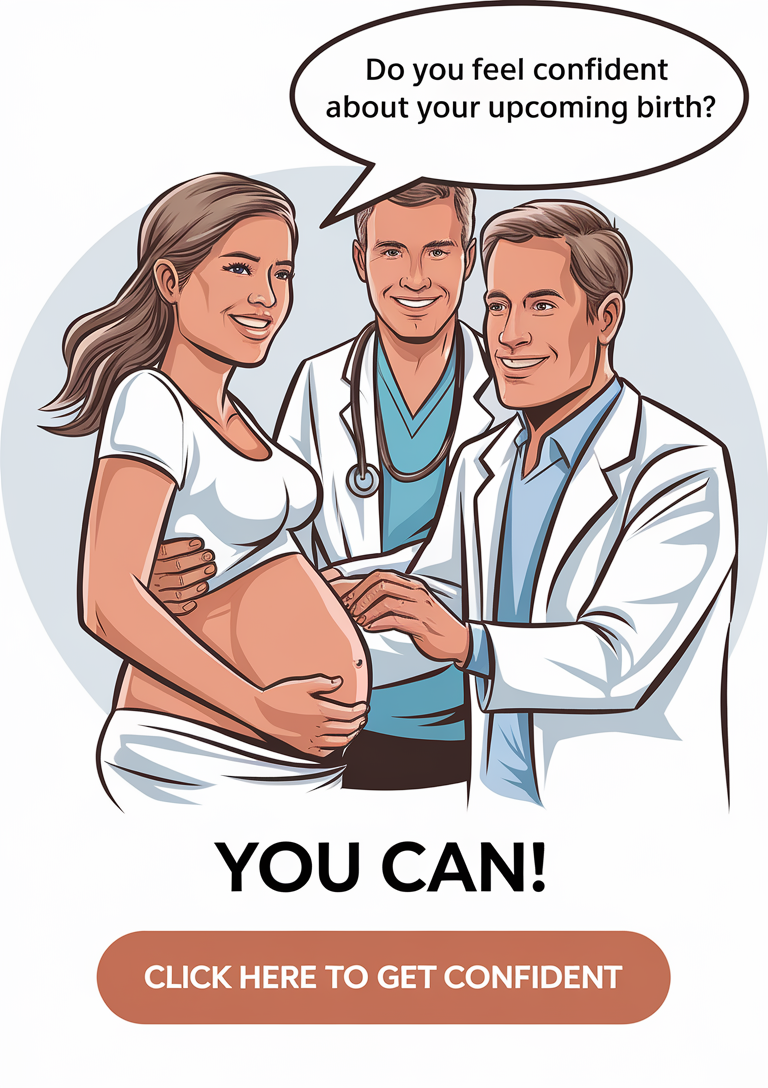

 Why Can’t You Get an Epidural After a Point During Childbirth?
Why Can’t You Get an Epidural After a Point During Childbirth?
